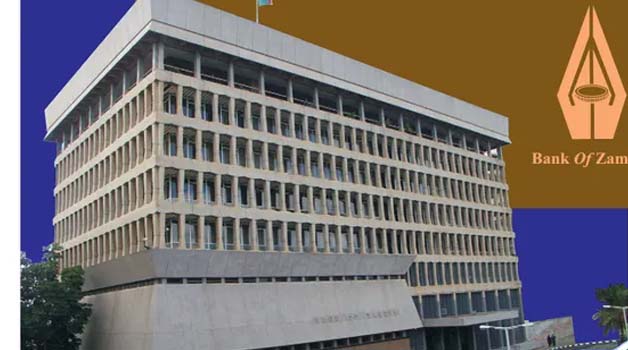Bank of Zambia (BoZ) has adjusted its Statutory Reserve Ratio by three percent in an effort to relieve pressure on the local currency.
Both the Kwacha and foriegn currency statutory reserve ratio have been adjusted upwards to relieve the persistent pressure being experienced by local currency.
This is according to circular signed by Central Bank Deputy Governor for Operations, Francis Chipimo, on November 5, 2023.
Chipimo stated in the circular that the minimum statutory reserve ratio on both local and foriegn currency deposits, including government and Vastro deposits would be increased by three percentage points to 14.5 percent from 11.5 percent.
“This measure is aimed at relieving the persistent foreign exchange pressure with a view to reining in inflation,” he said.
Chipimo further stated that in terms of compliance, the revised statutory reserve ratio of 14.5 percent would be based on the weekly return of Selected Assets and Liabilities as of Wednesday, November 8, 2023.
“The Bank of Zambia will continue to closely monitor developments in the macroeconomic environment in general and in the financial markets in particular and take appropriate action as and when the need arises in line with the Bank’s objective of price and financial stability,” he said.
WARNING! All rights reserved. This material, and other digital content on this website, may not be reproduced, published, broadcast, rewritten or redistributed in whole or in part without prior express permission from ZAMBIA MONITOR












Comments